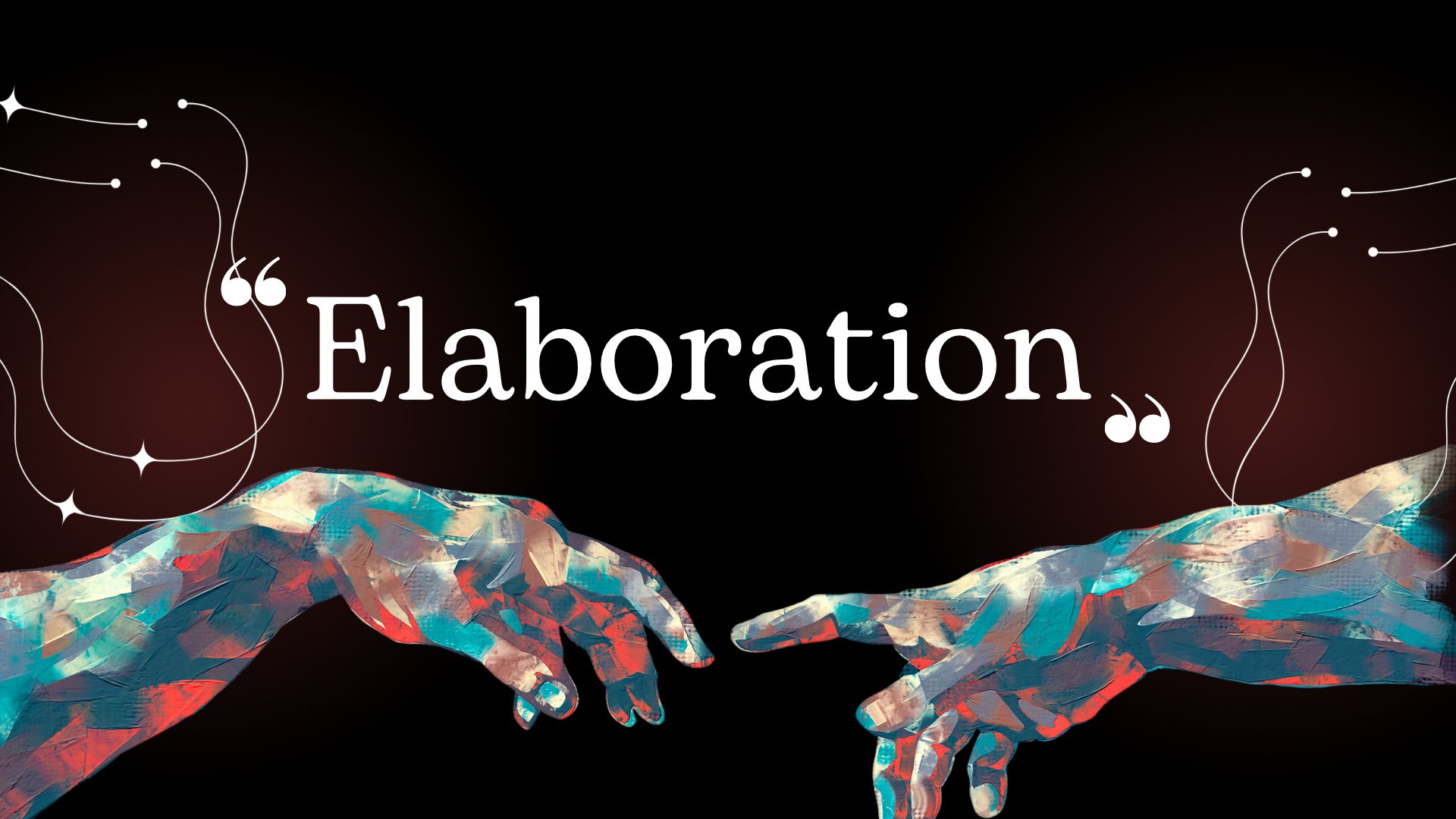


Elaboration strategy is a learning strategy that uses deep processing and connection techniques to better process information and store it in long-term memory. This strategy aims to consolidate new information in memory by associating it with your existing knowledge and giving it meaning.
The basic principles of the Elaboration strategy are:
Active learning: Rather than passively receiving information, it is important to actively interact with it and try to make sense of it.
In-depth processing: Instead of just memorizing new information, it is necessary to find examples about it, evaluate it from different perspectives and ask questions that will make it meaningful.
Making connections: Associating new information with what you already know and making connections using visual tools such as mind maps and concept networks increases memory retention.
Summarizing and repeating: Summarizing what you have learned and repeating it regularly is important for consolidating knowledge.
Benefits of the Elaboration strategy:
1. It enables better understanding and remembering of information.
2. It makes it easier to store it in long-term memory.
3. It makes learning more permanent and meaningful.
4. It improves critical thinking and problem solving skills.
5. It increases motivation and interest in learning.
Here are some tips for implementing the Elaboration strategy:
When taking notes during class: Take notes in your own words, as well as keywords, and encourage in depth processing by asking questions about what you've learned.
Tell others what you have learned: Explaining information to others helps you understand it better and reinforce it in your mind.
Use concept maps and mind maps: Visual tools make it easier to relate new information to what you already know and make connections.
Relate what you have learned to examples from daily life: Try to find examples from daily life to concretize and make sense of new information.
Review regularly: Regularly repeating what you have learned ensures that the information remains permanent in long-term memory.
Elaboration strategy is a method that can be easily implemented by every student and will make learning more effective and permanent. By using this strategy, you can begin to improve your learning experience and ensure that information is retained in long-term memory.